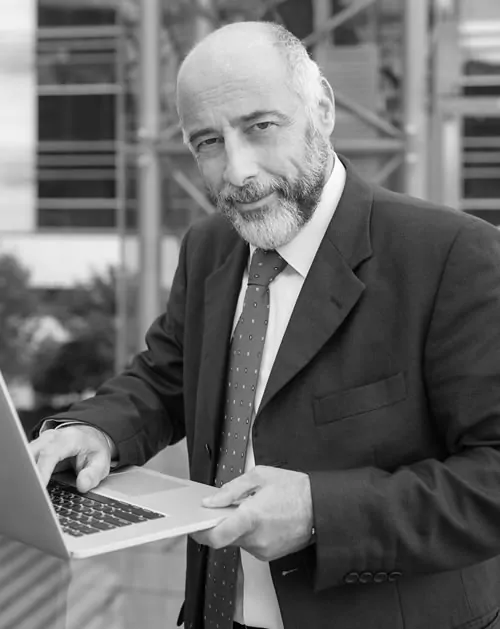The AI-Powered Workplace: What’s Changing in 2025?
The workplace in 2025 is undergoing a profound transformation, with Artificial Intelligence (AI) at the heart of nearly every operational and strategic shift. AI is no longer a futuristic concept—it’s now a foundational element in enhancing productivity, streamlining workflows, and redefining employee experiences across industries.
In this AI-powered environment, tasks like data analysis, customer support, scheduling, and reporting are increasingly automated, freeing employees to focus on higher-value, creative, and strategic activities. Virtual assistants, intelligent chatbots, and AI-driven project management tools are improving efficiency and communication, while predictive analytics is enabling organizations to make smarter, faster business decisions. In HR, AI helps in talent acquisition, personalized learning and development, and real-time performance feedback, making people management more data-driven and tailored.
Moreover, AI is contributing to the rise of hyper-personalized work environments, where everything from task assignments to wellness programs is optimized for individual preferences and productivity patterns. Despite these advances, organizations must address challenges such as algorithmic bias, data privacy, and the need for reskilling employees to adapt to AI-integrated roles. As a result, 2025’s AI-powered workplace is not just about technology—it’s about creating a more responsive, inclusive, and agile ecosystem where humans and machines work in synergy to drive innovation, growth, and long-term success.
However, these advancements come with new challenges. The increasing use of AI raises concerns about data privacy, algorithmic bias, and job displacement. Companies are now investing heavily in ethical AI frameworks to ensure transparency, fairness, and accountability in automated systems. Additionally, there is a growing demand for upskilling programs as employees adapt to new roles that require human judgment, emotional intelligence, and cross-disciplinary expertise. The workplace culture is also evolving—hybrid models, driven by AI-enabled remote work technologies, are becoming the norm. In this new landscape, the focus is shifting toward adaptability, continuous learning, and human-AI collaboration, making 2025 a defining year in the future of work.




